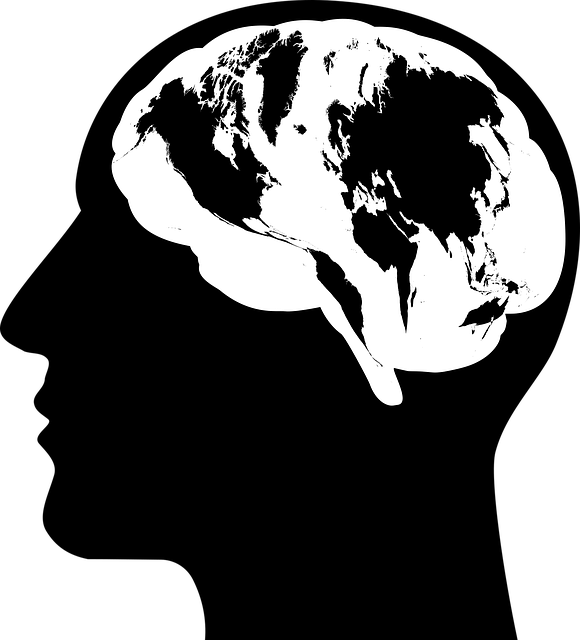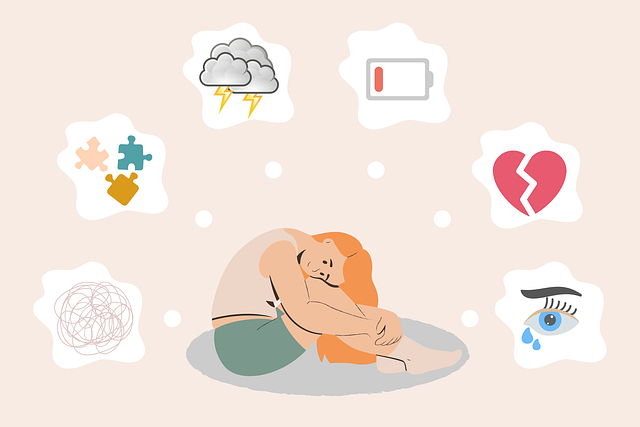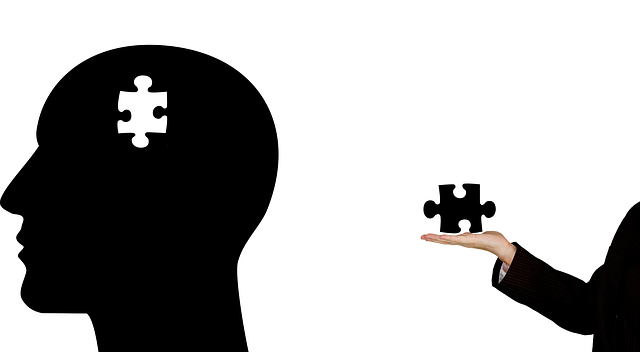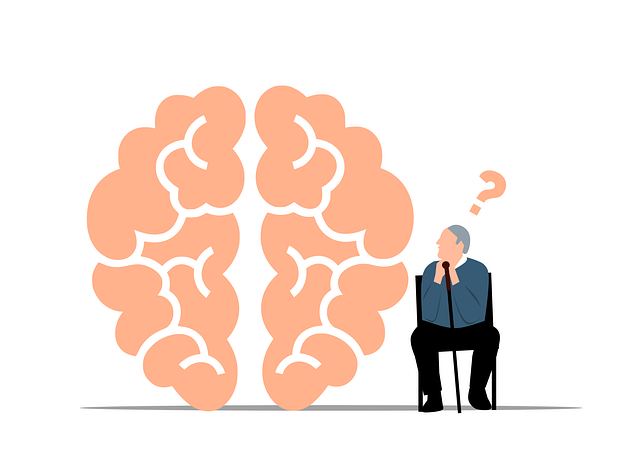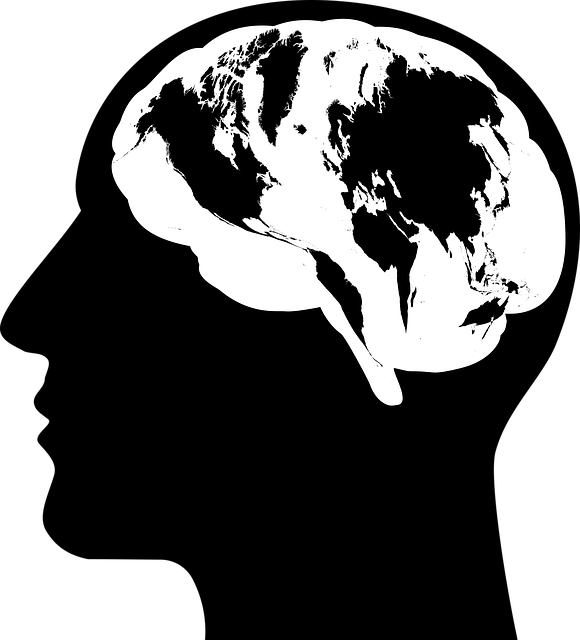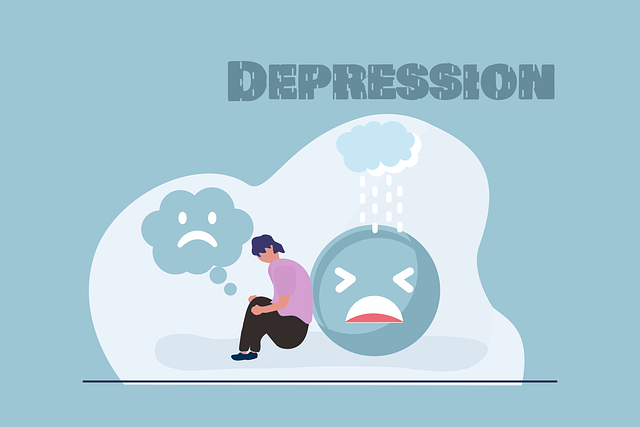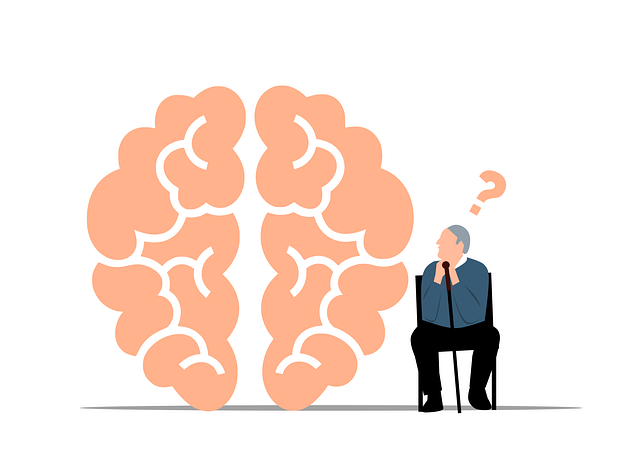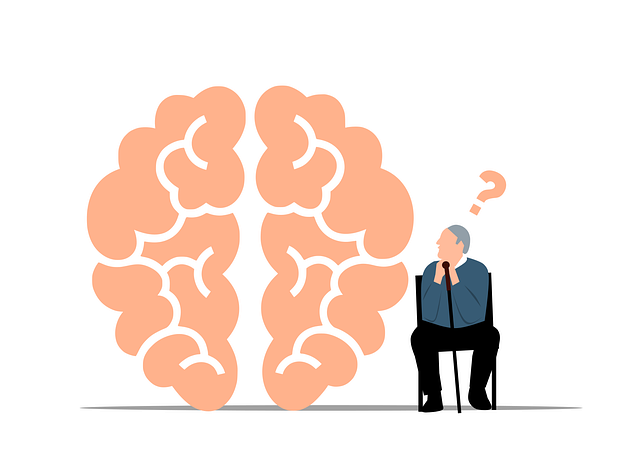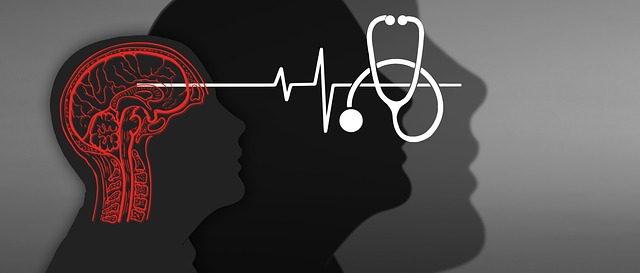The text emphasizes the profound impact of stigma on young people's mental well-being, deterring them from seeking essential support. It highlights societal perceptions that view mental health struggles as signs of weakness. To combat this, it advocates for recognizing youth-specific barriers and creating supportive environments through Social Skills Training and Risk Management Planning for mental health professionals. Education, awareness campaigns, and community outreach programs are key strategies to reduce stigma. Lone Tree Adolescent and Teen Therapy plays a vital role in this effort by providing tailored services, integrating evidence-based practices, and employing community-driven approaches to foster mental illness acceptance and normalizing open conversations about mental wellness.
Mental illness stigma remains a significant barrier to youth mental health, with profound effects on diagnosis and treatment. This article explores targeted efforts to reduce this stigma, focusing on its impact on adolescents and the strategies employed by therapists and communities alike.
We delve into understanding stigma, the power of education and awareness campaigns, therapeutic approaches tailored for teens, and community-driven initiatives fostering acceptance. For parents seeking guidance, Lone Tree Adolescent and Teen Therapy offers valuable insights, emphasizing the crucial role of support systems in breaking down mental health stigmas.
- Understanding Stigma and its Impact on Youth Mental Health
- The Role of Education and Awareness in Reducing Stigma
- Therapeutic Interventions and Support Systems for Adolescents
- Strategies for Building a Community-Driven Approach to Mental Illness Acceptance
Understanding Stigma and its Impact on Youth Mental Health

Stigma surrounding mental illness can have a profound impact on young people’s well-being, often exacerbating existing challenges. It can lead to feelings of isolation, shame, and fear of judgment, deterring individuals from seeking much-needed support. Many teens struggle with self-esteem issues and social anxiety, which may be exacerbated by societal perceptions of mental health struggles as a sign of weakness or personal failure. This internalized stigma can prevent them from opening up about their experiences, hindering access to essential services like those provided by Lone Tree Adolescent and Teen Therapy.
Understanding the pervasive nature of this issue is crucial. Youth with mental health concerns may face unique barriers, including peer pressure, academic demands, and identity formation. Social Skills Training and Risk Management Planning for Mental Health Professionals can play a vital role in creating supportive environments. By promoting self-esteem improvement and normalizing conversations about mental wellness, we can reduce the stigma that has far-reaching effects on young lives.
The Role of Education and Awareness in Reducing Stigma

Stigma reduction is a multifaceted process, and education stands as a cornerstone in this endeavor. By integrating mental health topics into school curricula, students can gain valuable knowledge about various conditions, challenging misconceptions, and fostering an environment of understanding. This proactive approach empowers young individuals to recognize signs of distress in themselves and others, promoting early intervention and support-seeking behaviors. For instance, Lone Tree Adolescent and Teen Therapy can provide educational resources that teach teens coping mechanisms and emotional well-being promotion techniques, helping them navigate their feelings more effectively.
Moreover, awareness campaigns and community events play a pivotal role in breaking down barriers. Engaging activities, such as Stress Management Workshops Organization, encourage open conversations about mental health, fostering empathy building strategies among peers. These initiatives not only reduce fear and anxiety but also equip individuals with the skills to offer meaningful support to those facing challenges. Through education and awareness, communities can evolve into more inclusive spaces where everyone feels comfortable seeking help without fear of judgment or ostracization.
Therapeutic Interventions and Support Systems for Adolescents

Adolescence is a critical period when mental health issues can emerge and intensify. Therapeutic interventions tailored to this age group play a pivotal role in stigma reduction efforts, aiming to create a supportive environment for young individuals grappling with their mental well-being. Lone Tree Adolescent and Teen Therapy offers specialized services that address the unique challenges faced by adolescents. These therapies focus on building resilience, enhancing coping strategies, and fostering open communication about mental health.
Support systems are integral to the recovery process. Mental health professionals must undergo comprehensive risk assessment training to ensure they can identify and manage vulnerable cases effectively. By integrating evidence-based practices and a compassionate approach, therapists create safe spaces for adolescents to express their struggles with depression or other common mental health concerns. This proactive support system not only aids in immediate relief but also empowers teens to take charge of their mental health, breaking down barriers associated with stigma and encouraging early intervention for prevention.
Strategies for Building a Community-Driven Approach to Mental Illness Acceptance

Building a community-driven approach to mental illness acceptance is crucial, fostering environments where individuals feel seen and supported. Lone Tree Adolescent and Teen Therapy can lead this initiative by integrating Community Outreach Program Implementation strategies tailored to local needs. Engaging with schools, faith groups, and community centers through workshops, educational sessions, and peer support groups normalizes conversations about mental health, dispelling myths and reducing stigma.
Leveraging Mind Over Matter Principles, these programs can emphasize resilience, self-care, and coping mechanisms. Public Awareness Campaigns Development targeting specific demographics further strengthens this effort. By involving community leaders and influencers in sharing personal stories and spreading accurate information, these campaigns can foster empathy, challenge stereotypes, and ultimately drive acceptance for those facing mental illness.
Mental illness stigma, deeply rooted in societal perceptions, significantly impacts youth mental health. However, through comprehensive strategies like education, awareness campaigns, therapeutic interventions, and community engagement, positive change is achievable. As seen in programs offered by Lone Tree Adolescent and Teen Therapy, integrating these approaches fosters a culture of acceptance and support, ultimately reducing the burden of stigma on young minds. By continuing to innovate and implement effective methods, we can create a more inclusive society where mental well-being is nurtured without fear of judgment.


